Results
-
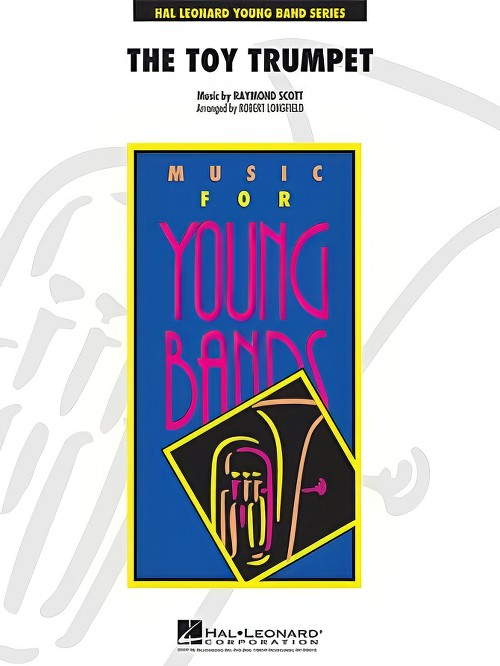 £60.99
£60.99The Toy Trumpet (Trumpet Solo and Section Feature with Concert Band - Score and Parts) - Scott, Raymond - Longfield, Robert
Composer Raymond Scott is known for compositions that were adapted for the classic Looney Tunes cartoons. One of his signature tunes, The Toy Trumpet, was famously sung by Shirley Temple in the 1938 film Rebecca of Sunnybrook Farm, and versions by The Boston Pops and Al Hirt are classics. Perfect for a holiday concert or any "pops" event, this light-hearted arrangement featuring trumpet solo and section is sure to be enjoyed by all.
Estimated dispatch 7-14 working days
-
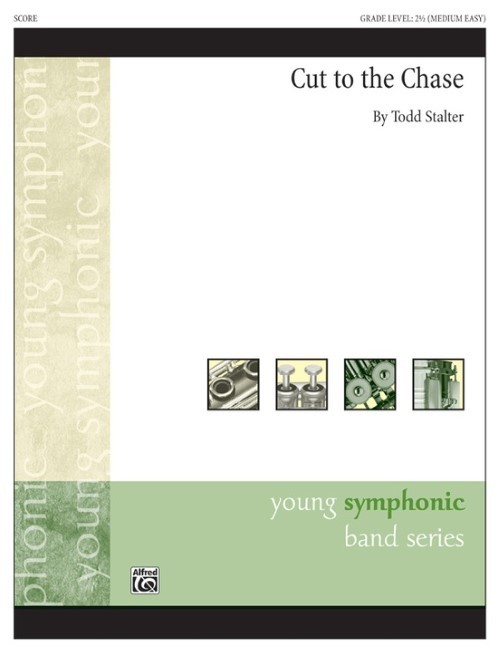 £53.95
£53.95Cut to the Chase (Concert Band - Score and Parts) - Stalter, Todd
In popular jargon, the phrase "cut to the chase" means to get to the really interesting or important point, and leave out all that is unnecessary. It originated from early cinematic lore when silent films were full of romantic story lines that inevitably led to much more exciting and memorable chase sequences. In this work, the melodic fragments are tossed around the band to give the impression that everyone is being chased or chasing something. To pay homage to the phrase's past, the frantic atmosphere stops for an obligatory inclusion of a slow, romantic chord progression with a soaring melody, and then the chase resumes, building to a rousing conclusion.Duration: 2:30
Estimated dispatch 7-14 working days
-
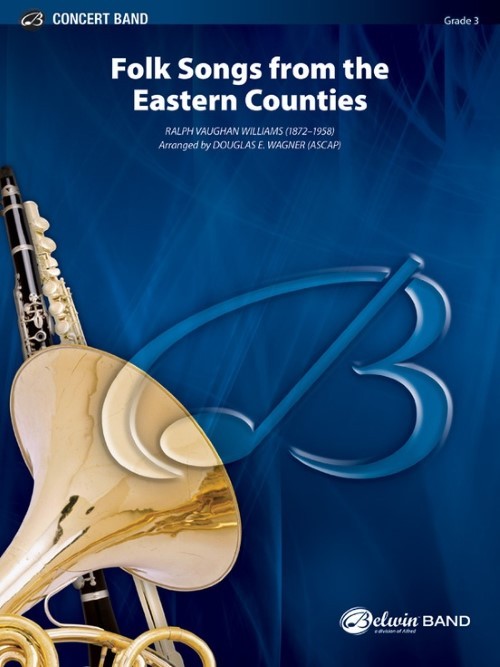 £63.95
£63.95Folksongs from the Eastern Counties (Concert Band - Score and Parts) - Vaughan Williams, Ralph
Vaughan Williams travelled during 1903 to 1906, collecting folk songs first-hand from residents. Four of the fifteen titles he published for voice and piano in the original volume comprise Folk Songs from the Eastern Counties, including "The Lost Lady Found," "The Lark in the Morning," "Bushes and Briars," and "Ward, the Pirate." Scored for concert band exactly as they were first published, with much of the accompanying material also being drawn from RVW's harmonisations and stylistic interpretations. Experience these cherished authentic folk songs creatively complied for your concert band.Duration: 3:30
Estimated dispatch 7-14 working days
-
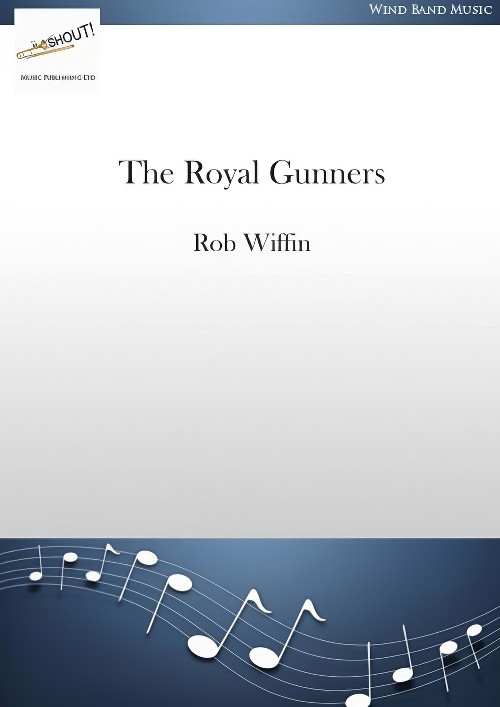 £49.95
£49.95The Royal Gunners (Concert Band - Score and Parts) - Wiffin, Rob
The Royal Gunners is a concert prelude based on tunes strongly associated with the Band of the Royal Artillery. It was composed for the band?€s 350th Anniversary celebrations in 2012. It was constructed in a similar way to Grenadiers! using the band?€s own regimental marches as a basis for composition. In this case the marches were the present Royal Artillery Slow March and one of the oldest Royal Artillery Marches - ?€The Trayne of Artillery?€s Grenadiers Quick March?€ (The Train of Artillery).
Estimated dispatch 7-14 working days
-
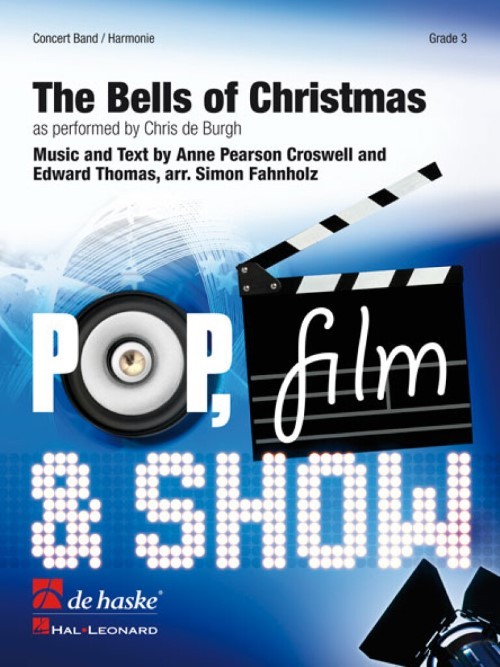 £76.99
£76.99The Bells of Christmas (Concert Band - Score and Parts) - Fahnholz, Simon
"The idea behind this song is to remind everyone, for all those who have forgotten, how colourful and exciting Christmas was during their childhood. Christmas is a magical time and, after all, no matter how old we are, we are all still children at heart." These words were written by Chris de Burgh about his 2009 hit, The Bells of Christmas, inspired by Dickens' A Christmas Carol. Simon Fahnholz has now made an excellent version of this Christmas hit for concert band.Duration: 2:45
Estimated dispatch 7-14 working days
-
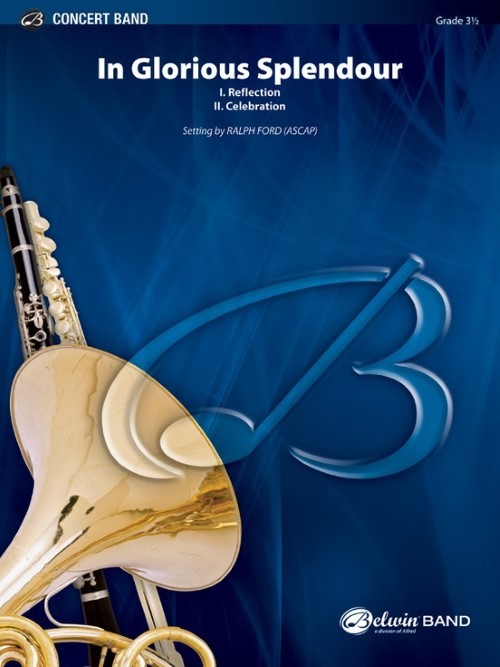 £66.95
£66.95In Glorious Splendour (Concert Band - Score and Parts) - Ford, Ralph
In Glorious Splendour references three well-known hymns, the popular Christmas carol, "Lo, How a Rose E'er Blooming," and the hymns "It Is Well with My Soul" and "Were You There." Able to be programmed alone or in tandem, this setting of three cherished hymns is glorious indeed. Rich with texture and emotion.Duration: 7.00
Estimated dispatch 7-14 working days
-
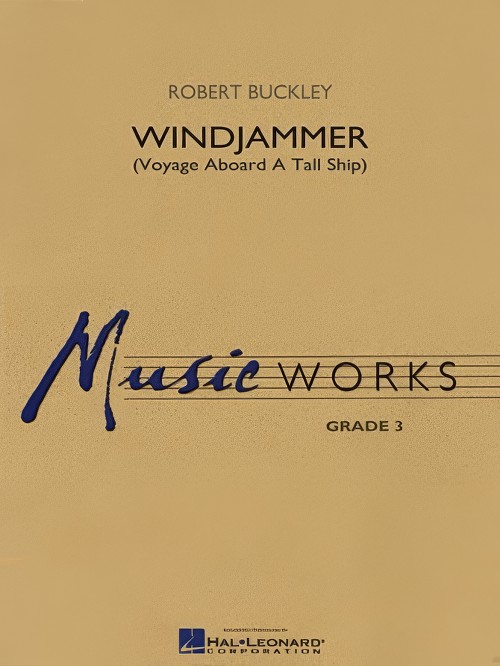 £72.99
£72.99Windjammer (Voyage Aboard a Tall Ship) (Concert Band - Score and Parts) - Buckley, Robert
Windjammers were the last of the great sailing tall ships, and this piece from the pen of Robert Buckley captures the majesty and excitement of these amazing vessels. The voyage begins announced by three solo trumpets surrounding the audience and bouncing musical phrases off one another. The sails are raised, the ship is underway, and the audience is taken on a colourful and exciting musical voyage. This is effective and skilfully scored programmatic music at its best.Duration: 5:45
Estimated dispatch 7-14 working days
-
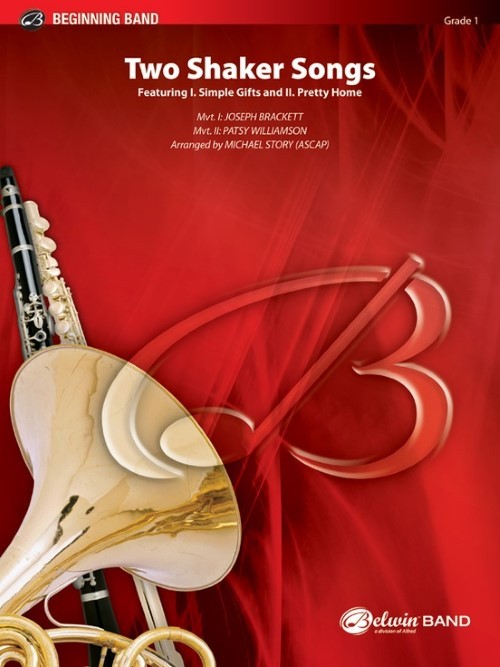 £53.95
£53.95Two Shaker Songs (Concert Band - Score and Parts) - Brackett & Williamson - Story, Michael
Music and dance were an integral part of Shaker worship services. Michael Story has crafted this two- movement mini-suite paying homage to these historical charismatic tunes, including "Simple Gifts" and "Pretty Home." With a variety teaching opportunities, dramatic dynamic contrasts bring these tunes to life. A melodic choice to develop musicality!
Estimated dispatch 7-14 working days
-
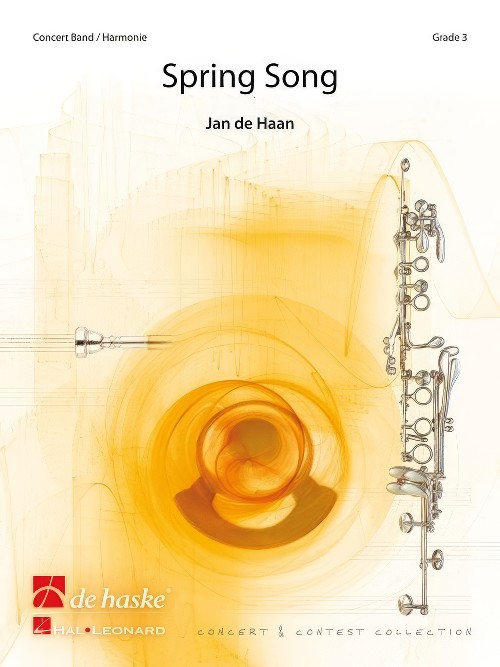 £84.99
£84.99Spring Song (Concert Band - Score and Parts) - De Haan, Jan
Spring has finally arrived. The days grow longer, birds prepare to nest, trees turn green and plants begin to bloom as nature wakes up from her winter sleep. This, and the fact that the composer's third grandson was born in the spring, were the inspiration for Spring Song.Duration: 3:45
Estimated dispatch 7-14 working days
-
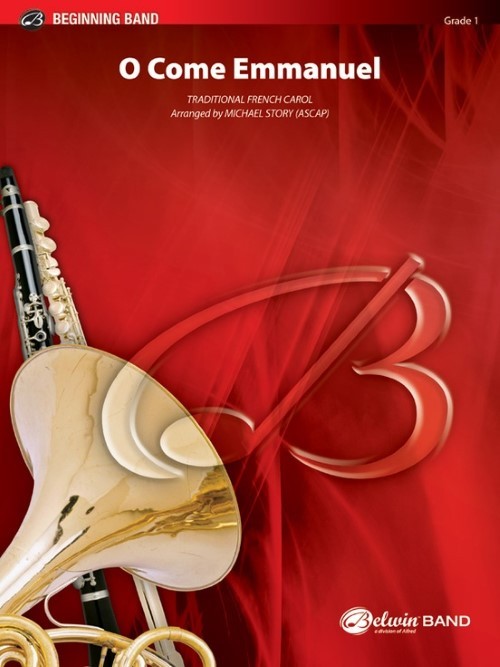 £53.95
£53.95O Come Emmanuel (Concert Band - Score and Parts) - Story, Michael
Based on the Latin text "Veni, Veni, Emmanuel," the lyrics for the popular carol "O Come, O Come Emmanuel" were written by John M. Neale in the mid 1800s. A wonderful setting to reinforce phrasing and musicality, Michael Story's stirring setting will warm the hearts of your students and audiences alike.Duration: 2.00
Estimated dispatch 7-14 working days
